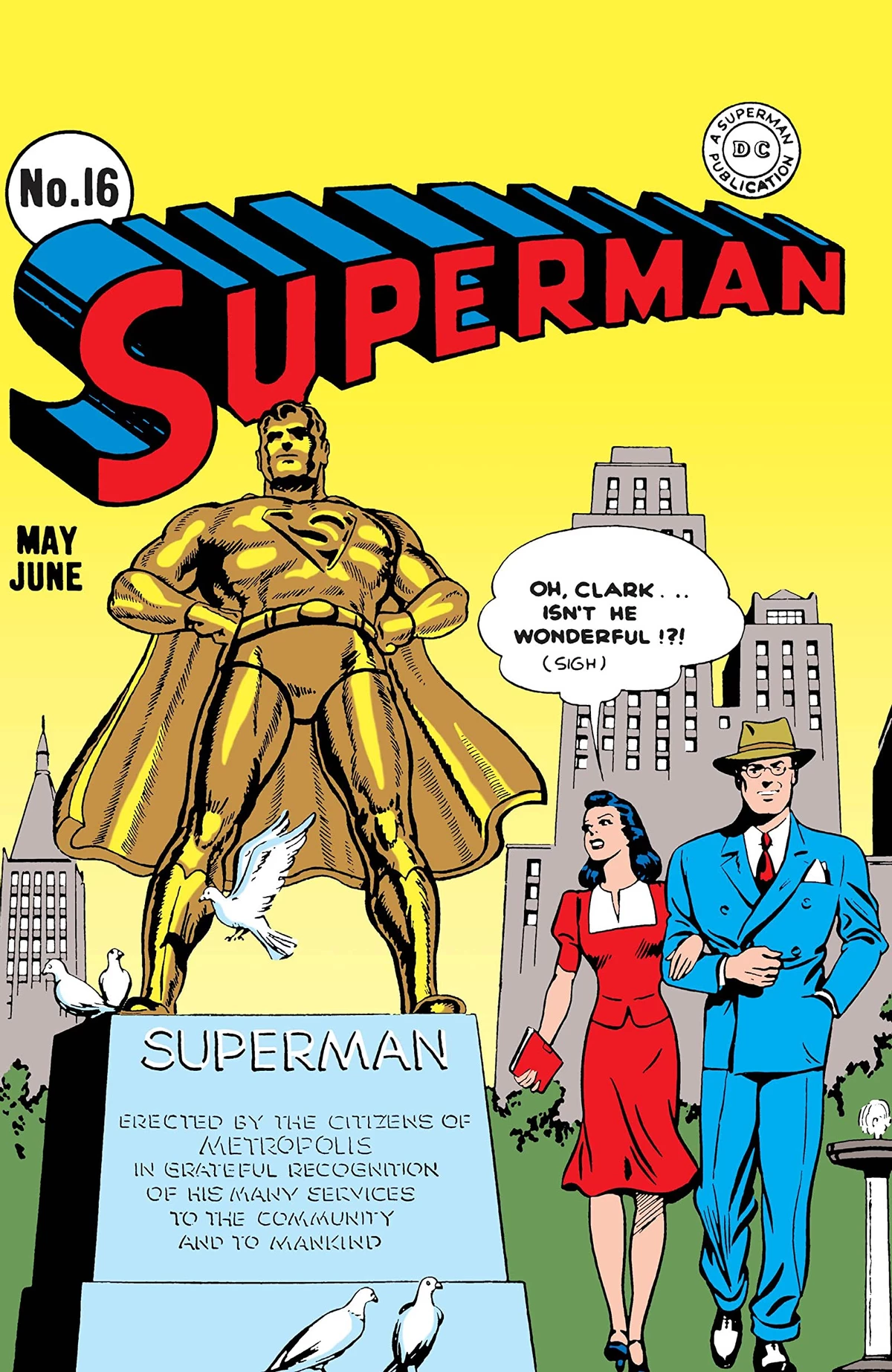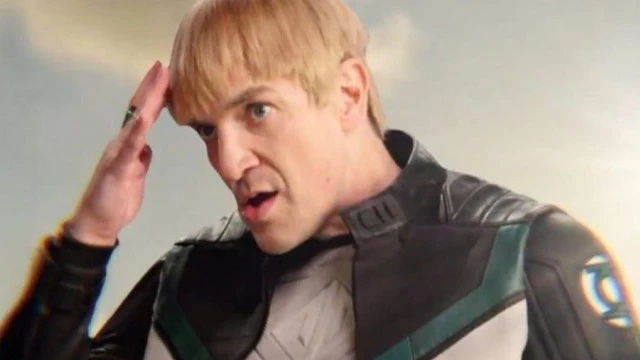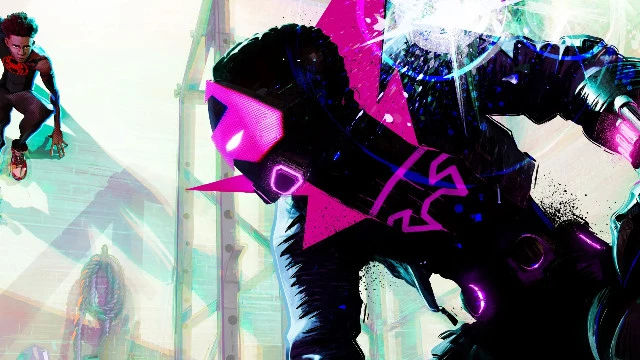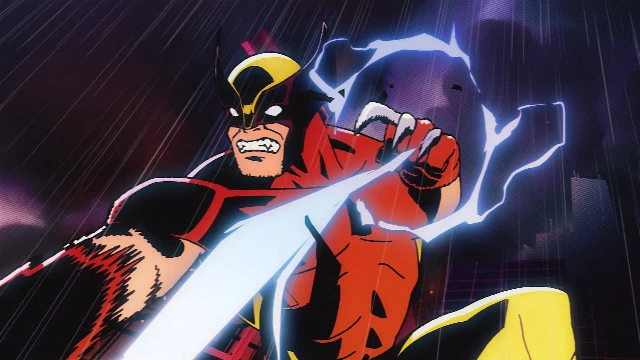Впервые опубликована поэма Набокова о Супермене, забракованная редактором The New Yorker 80 лет назад
«Печаль Человека Завтрашнего Дня»

Британский журнал The Times Literary Supplement впервые опубликовал стихотворение Владимира Набокова «Печаль Человека Завтрашнего Дня», посвященное Супермену.
После Октябрьской революции семья Набокова эмигрировала в Германию, затем, в преддверии Второй мировой войны, перебралась во Францию, а чуть позже - в США. Поэма, обнаруженная в библиотеке Йельского университета литератором Андреем Бабиковым, - одна из первых работ тогда еще безвестного на Западе писателя на английском языке.

О супергерое DC Набоков узнал от сына и, судя по всему вдохновившись обложкой одного из первых выпусков комиксов о Человеке из Стали, в поэтической форме рассказал о трудностях, с которыми Кларк Кент и Лоис Лейн сталкиваются в семейной и интимной жизни. Произведение он направил редактору газеты The New Yorker Чарльзу Пирсу.
Однако на дворе стоял 1942 год, до «Лолиты» было еще далеко, и стороны не сошлись во мнениях по части гонорара, потому стихотворение так и не напечатали.
The Man of To-morrow’s Lament
I have to wear these glasses — otherwise,
when I caress her with my super-eyes,
her lungs and liver are too plainly seen
throbbing, like deep-sea creatures, in between
dim bones. Oh, I am sick of loitering here,
a banished trunk (like my namesake in «Lear»),
but when I switch to tights, still less I prize
my splendid torso, my tremendous thighs,
the dark-blue forelock on my narrow brow,
the heavy jaw; for I shall tell you now
my fatal limitation … not the pact
between the worlds of Fantasy and Fact
which makes me shun such an attractive spot
as Berchtesgaden, say; and also not
that little business of my draft; but worse:
a tragic misadjustment and a curse.
I’m young and bursting with prodigious sap,
and I’m in love like any healthy chap —
and I must throttle my dynamic heart
for marriage would be murder on my part,
an earthquake, wrecking on the night of nights
a woman’s life, some palmtrees, all the lights,
the big hotel, a smaller one next door
and half a dozen army trucks — or more.
But even if that blast of love should spare
her fragile frame — what children would she bear?
What monstrous babe, knocking the surgeon down,
would waddle out into the awestruck town?
When two years old he’d break the strongest chairs,
fall through the floor and terrorize the stairs;
at four, he’d dive into a well; at five,
explore a roaring furnace — and survive;
at eight, he’d ruin the longest railway line
by playing trains with real ones; and at nine,
release all my old enemies from jail,
and then I’d try to break his head — and fail.
So this is why, no matter where I fly,
red-cloaked, blue-hosed, across the yellow sky,
I feel no thrill in chasing thugs and thieves —
and gloomily broad-shouldered Kent retrieves
his coat and trousers from the garbage can
and tucks away the cloak of Superman;
and when she sighs — somewhere in Central Park
where my immense bronze statue looms — «Oh, Clark …
Isn’t he wonderful!?!», I stare ahead
and long to be a normal guy instead.
Источник: TLS


